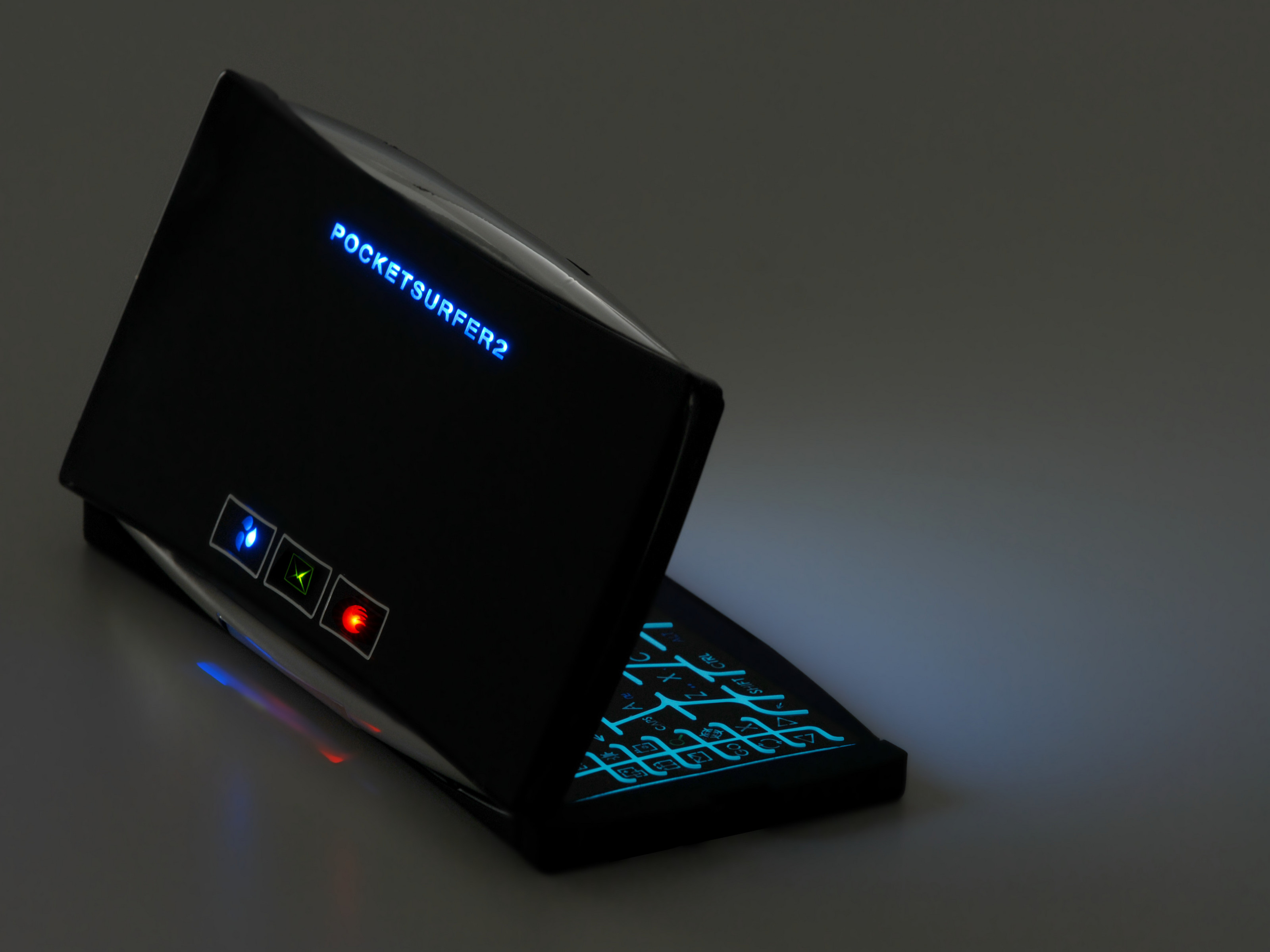PocketSurfer3 on the cards for late this year
CES 2008: Next-gen web surfing device gets upgrade

Sign up for breaking news, reviews, opinion, top tech deals, and more.
You are now subscribed
Your newsletter sign-up was successful
You can look forward to the next version of the PocketSurfer wireless internet device being out before the end of the year, makers Datawind told us at CES 2008 today.
There's no word on what the specifications of the new device may be, but Datawind's CEO Suneet Singh Tuli says the firm is looking into adding audio and video streaming capabilities "at some point in the future".
The current model, PocketSurfer 2, has been on sale in the UK since September and has apparently attracted somewhat unusual audiences.
Silver surfers
"Surprisingly, we have quite a large proportion of older users compared to other smartphone and PDA offerings," Singh Tuli told us today. "In fact, 9 per cent of our users are 65 and over, and for many, it's the first time they've ever been online."
PocketSurfer2 lets you access the internet on the move, but not in the clunky way of WAP phones and small screen devices. Datawind claims that the device speeds up web searches by up to 30 times thanks to its compression technology.
Retains look and feel
Sign up for breaking news, reviews, opinion, top tech deals, and more.
It still retains the same look and feel of a website that you'd expect from a standard-sized computer. The other difference compared to smartphones and other portable devices is that you don't pay a subscription fee. You buy the unit for £180 and get 20 hours of web surfing thrown in per month. Basic use for the second year costs £40 for the whole year. If you want unlimited access you'll get it for £6 per month.
Datawind's COO David Elder says the firm will be rolling out the PocketSurfer2 device across Europe in the next year or so. Next on the to-do list is to convince Orange, which lets PocketSurfer2 users download data over its mobile data network, to lower the punitive roaming charges (currently £15 per hour) that kick in as soon as you take the device abroad.
Other plans include a mini notebook computer featuring a larger screen and keyboard, as well as a scaled-down set-top box which strips out the display and modem so that you can hook it up to a TV set. Dubbed 'the poor man's internet', this device will be primarily aimed at developing countries and may cost as little as £10 to £20.